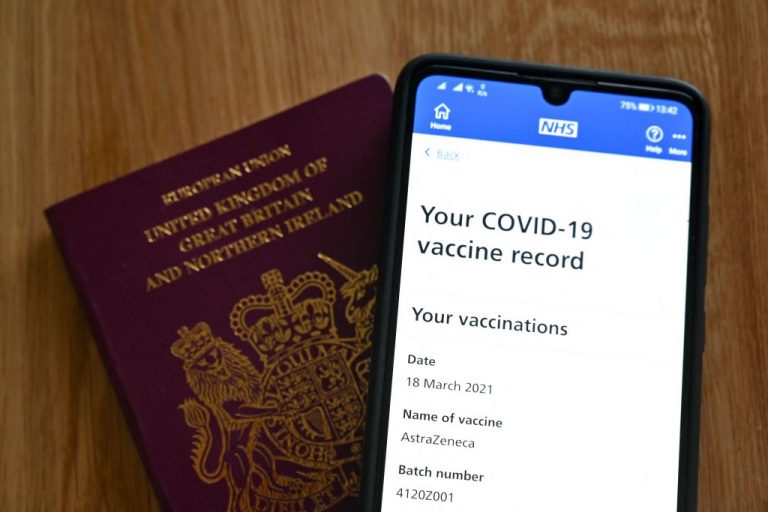Sajid Javid, the UK’s Health Secretary, has announced that the government will not be mandating Coronavirus Disease 2019 (COVID-19) vaccine passports for cinemas, nightclubs, and other large venues. The decision followed the intense public debate on the issue, with members of Prime Minister Boris Johnson’s own party expressing strong opposition.
In an interview with BBC, Javid said that he has “never liked” the idea of asking people to show papers so that they could perform their everyday activities. He denied the idea that the government arrived at the decision following criticism from its own supporters. Javid insisted that the passports were not needed due to the country’s high vaccination rate, surveillance, testing, and new treatments.
“We just shouldn’t be doing things for the sake of it or because others are doing, and we should look at every possible intervention properly… We’ve looked at it properly and, whilst we should keep it in reserve as a potential option, I’m pleased to say that we will not be going ahead with plans for vaccine passports,” Javid said.
The minister revealed that he wanted to “get rid” of PCR tests for travel after seeking advice about the matter. Although Javid does not anticipate further lockdowns, he has not ruled them out, as it would be “irresponsible to take everything off the table.”
Earlier, Vaccines Minister Nadhim Zahawi had stated that vaccine passports would be introduced by September-end since all citizens above 18 years of age would have been offered vaccination by then. At the end of July, Prime Minister Johnson had also stated that COVID-19 passports would be introduced by the end of this month. Proof of a negative test “will no longer be enough,” he said.
Success
You are now signed up for our newsletter
Success
Check your email to complete sign up
82 Members of Parliament (MPs) had signed the Big Brother Watch declaration, which called COVID-19 passports “discriminatory Covid status certification” denying individuals access to services, businesses, and jobs. Big Brother Watch is a civil liberties campaign group. Out of the 82 MPs, 44 were from the Conservative party.
“We live in something called a ‘parliamentary democracy’ which means introducing internal health passports isn’t something ministers can just ‘start’ but something parliament has to vote on. We’ll fight tooth and nail for the Government to lose that vote,” Big Brother Watch said in a tweet.
A survey conducted by Dr. Alex de Figueiredo from the London School of Hygiene and Tropical Medicine showed that people in unvaccinated groups are less likely to get vaccinated if the government imposes vaccine passports. The study found that the negative impacts of the passports would disproportionately affect men and highly educated individuals.
According to Prof. John Drury, a participant in the Sage subcommittee advising on behavioral science, vaccine passports would trigger social divisions. “Not only would vaccine passports create exclusion, that exclusion would be structured by existing inequalities. You only need to look at the data on who isn’t yet vaccinated to understand this – the young, the poor, ethnic minorities stand to be excluded,” Drury said.
Meanwhile, Prime Minister Johnson is expected to rescind Coronavirus Act powers, including the ability to shut down parts of the economy, place limitations on public gatherings, and detain potentially infected people. Instead, the government will focus on giving booster shots to people in hopes of preventing a deadly winter wave. Booster shot administration will begin in autumn, with preference given to the elderly and vulnerable.
“Vaccines are the first line of defense. We have listened to MPs on certification. We don’t see the need for it so we will hold it in reserve. Only if things get much worse would we look at masks or a return to working from home,” a government source said to the media outlet.
Between May 1 and Sept. 1, the number of daily new confirmed COVID-19 cases per million people rose over 14 times from 32.35 to 492.48, despite the fact that the number of people who had received at least one dose of a COVID-19 vaccine rose from 50.59 percent of the UK population to 70.50 percent.















